Category Archives: Learning
27 Dec Cytoskeleton Components in Cognition
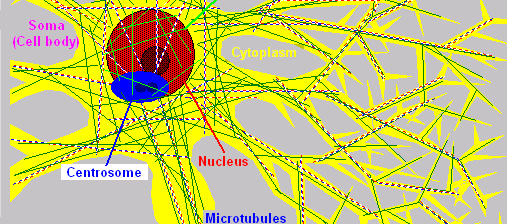
A Neuron’s Skeleton Unlike the external structure of many spheroid and amorphous cells, the external structure of neurons is complex and rigidly determined. As you may remember from earlier posts, the many different types of neurons residing in particular cortical strata (in layers of the gray and white matter) each have distinctive characteristics that enable […]
07 Dec Probability of Understanding Meaning

Some suggest that computers can achieve full language understanding capabilities using statistical models. Others argue that heuristics or programmatic interpretation that uses special procedures tailored to linguistic phenomena. The two camps are as far apart as ever. Consider the comments around this recent article on Tor.com. On the one side, Norvig demonstrates the validity […]
03 Dec Language Expressiveness

Expressiveness Human languages are eloquent vehicles for giving form to the motion of the human mind. They provide symbol-rich expressions for our thoughts and communications. Language is dynamic and defies circumscription. Yet, it is circumspect; it is also useful and extremely beautiful. To comprehend is to begin to capture that beauty. The expressiveness of language […]
12 Nov Context Powers Backward Chaining Logic
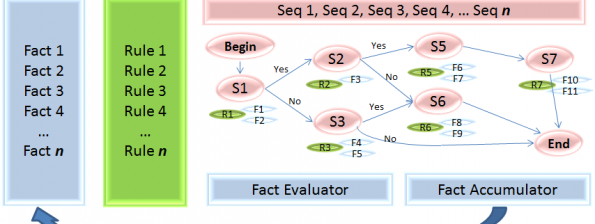
A popular success strategies book suggests that if we “Begin with the End in Mind” we are likely to get where we’re going more consistently. We wander less if we think about what we want at the end from the very first steps of our journeys. Context helps us do that. Human behaviorists and philosophers have […]
10 Nov Seeking a Universal Theory of Knowledge
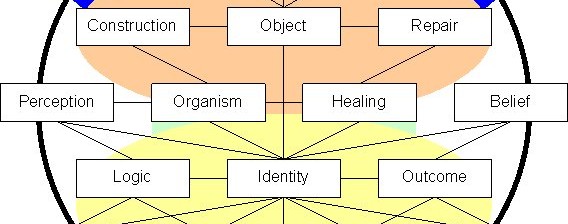
As a fundamental premise for this post, this blog as a whole, and my life’s work, I propose that language and “real world knowledge” are inextricably connected, and neither functions well without the other. This is why, in my opinion, natural language processing (NLP) initiatives focusing exclusively, or even primarily on language structure have significant […]
19 Oct Think Before You Speak?
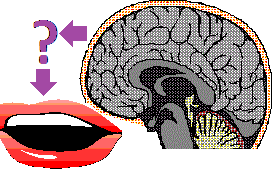
How closely is your brain connected to your mouth? Please don’t answer that. I want to blog about it for awhile so hold the thought. There is a bunch of electrical activity in the brain around organizing concepts into context, and a bunch more around putting your thoughts into words. This organizing and putting may […]
05 Sep Brain Form and Function
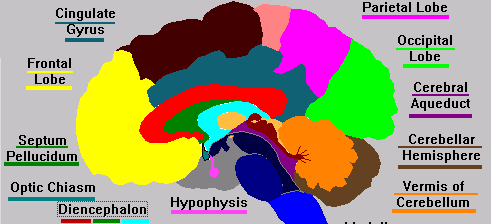
Functional Morphology I’ve addressed questions related to modeling form, function and process in an earlier post. Today’s post drills down in some specific areas to point out some important connections between form and function that could contribute to engineering systems that more accurately model the human brain. Paul Churchland suggests that many AI initiatives have […]
30 Aug Eclecticism and Cognitive Modeling

Cognitive Science Hybrids in plants and automobiles are great. Perhaps in computers and apps as well. I have always thought of myself as deeply interested in the “cross-pollination of ideas.” This includes, when appropriate, snipping sequences and splicing to create genetically modified innovations. The posts in the Understanding Context blog span the knowledge and theories […]
27 Aug Brain Correlation Processes

Many computer systems focus on a single capability, one task or just one dimension of a complex process. Sentient brain activity is an example of a complex process with many dimensions. Optical character recognition, such as identifying a capital “Q” on a piece of paper, is an example of a problem with three dimensions: Length, […]




